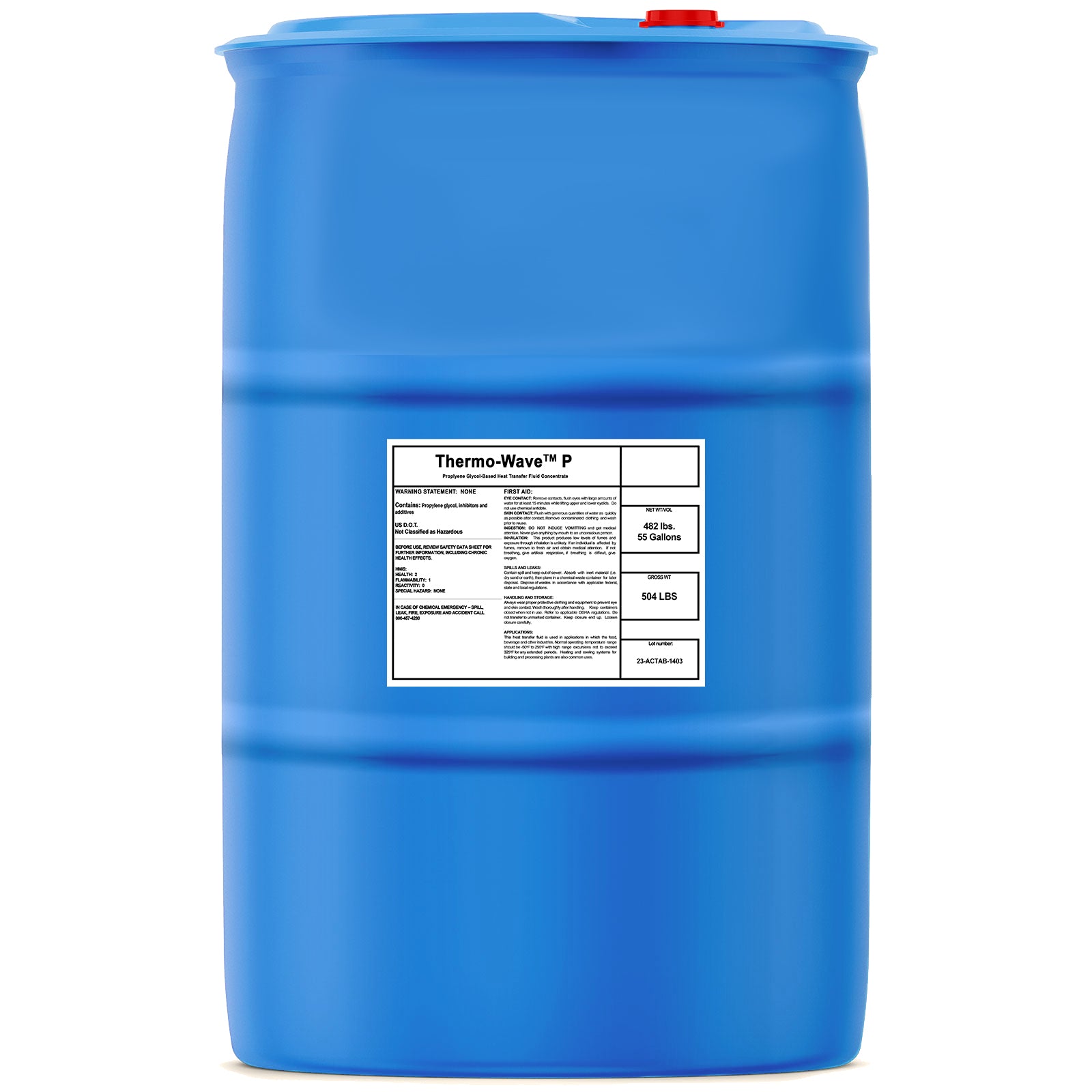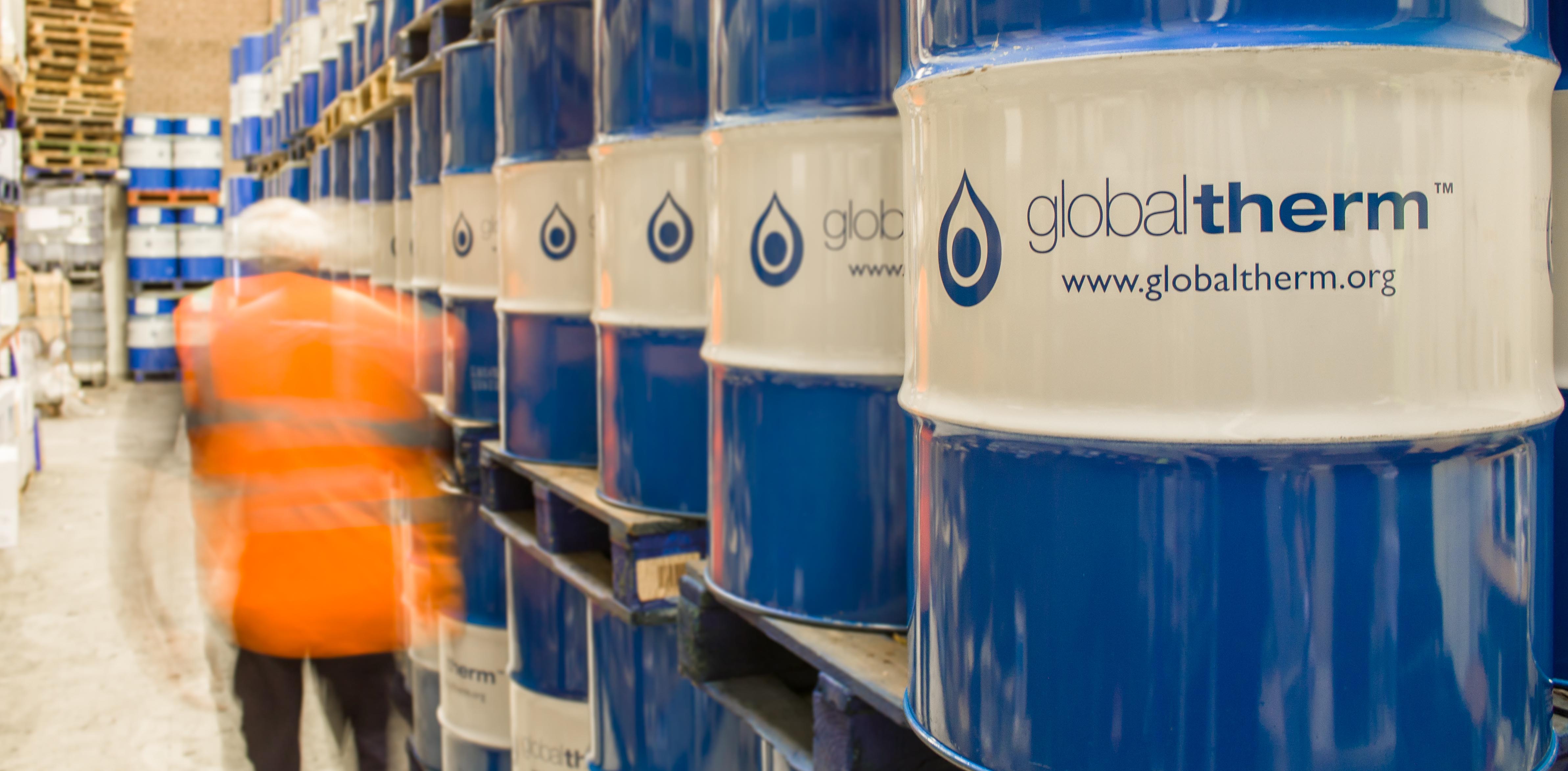Heat Transfer Fluid: Important for Optimizing Industrial Cooling And Heating Systems
Heat Transfer Fluid: Important for Optimizing Industrial Cooling And Heating Systems
Blog Article
Just How Warm Transfer Fluid Adds To Sustainable and Affordable Procedures
In the modern-day commercial landscape, the function of heat transfer liquids (HTFs) in advertising sustainable and cost-efficient operations can not be overstated. These liquids are critical in optimizing thermal monitoring systems, thus substantially boosting power effectiveness and decreasing functional expenses. The ecological benefits of advanced HTFs, with their high thermal stability and reduced toxicity, are indisputable. They not only extend system longevity however additionally add to the decrease of damaging exhausts. Yet, truth capacity of HTFs is understood with the thorough selection procedure, ensuring compatibility and safety. Yet what factors should direct this critical choice?
Recognizing Warmth Transfer Liquids
In the world of thermal monitoring, warm transfer liquids (HTFs) act as essential agents for transferring thermal power from one area to one more. These liquids play an essential duty in various industrial applications, including chemical handling, power generation, and HVAC systems. HTFs are particularly engineered to operate within a wide variety of temperatures, effectively helping with the transfer of heat while maintaining a stable thermal account. Their capacity to work under extreme conditions-- whether heats or cryogenic levels-- makes them crucial in settings demanding precise thermal control.
The composition of warm transfer fluids can vary considerably, including alternatives such as mineral oils, synthetic oils, glycols, and molten salts. Each kind uses distinct benefits, such as boosted thermal security, low thickness, and high boiling points, which are chosen based on certain operational demands. The selection of HTF influences not only the efficiency of warm transfer yet likewise the long life and safety of the system in which it is employed.
As markets proceed to innovate, the development of sophisticated HTFs, identified by their enhanced thermal conductivity and reduced environmental effect, is critical for meeting the demands of modern thermal management difficulties.

Enhancing Power Efficiency

Improving power efficiency has become a vital worry across various industries, triggering a better examination of heat transfer liquids' function in maximizing thermal monitoring systems. These liquids are indispensable to keeping the wanted temperature level in processes, thereby reducing energy waste and boosting total system performance. By picking a suitable warm transfer fluid, industries can substantially enhance their energy efficiency, bring about reduced energy usage.

Advanced solutions of warm transfer fluids have been created to stand up to extreme temperatures while keeping security and performance. These innovations expand the operational lifespan of the liquid, his explanation decreasing the regularity of replacements and energy-intensive upkeep activities. The use of artificial or bio-based liquids offers additional benefits in terms of reduced ecological impact, straightening with worldwide sustainability goals. As a result, enhancing power efficiency with optimum warm transfer liquid selection is not only a technological necessity yet also an ecological necessary.
Lowering Functional Costs
Operational costs are a considerable factor to consider for sectors looking for to maintain competitive advantage, and the choice of heat transfer fluid plays an important duty in price monitoring. Picking an appropriate heat transfer fluid can lead to significant price financial savings by boosting system efficiency and reducing energy consumption. High-performance liquids reduce thermal deterioration, which consequently decreases the frequency of fluid replacement and downtime associated with upkeep, therefore reducing operational expenses.
Additionally, warmth transfer liquids with premium thermal security and deterioration resistance prolong the life expectancy of equipment. This decreases the need for constant repairs and substitutes, which can be expensive and disruptive to operations. By purchasing top quality fluids, sectors can attain long-lasting reductions in upkeep expenses and enhance the reliability of their systems.
Additionally, progressed see page warm transfer fluids usually show lower thickness at operating temperature levels, which improves pump efficiency and reduces power usage in liquid flow. This optimization of power consumption straight equates into lowered operational prices. Several modern-day warm transfer fluids are crafted to run properly over a large temperature range, minimizing the need for numerous liquid types, therefore enhancing stock needs and lowering linked prices. These variables collectively add to even more sustainable and affordable operations.
Ecological Effect Reduction
The push towards minimizing ecological effect has actually acquired energy in markets leveraging warm transfer liquids. Business are significantly identifying the relevance of lessening eco-friendly impacts by taking on lasting methods. Warm transfer fluids (HTFs) play an important duty in this change, supplying chances to improve energy efficiency and reduce emissions. By selecting HTFs with high thermal stability and reduced poisoning, markets can guarantee minimal leakage and destruction, hence decreasing hazardous environmental launches.
Furthermore, using advanced heat transfer liquids adds to better system efficiency, minimizing the overall power consumption. This decrease not only causes expense financial savings however also lowers co2 discharges, assisting in the fight versus climate adjustment. Fluids that are eco-friendly and recyclable additionally enhance sustainability initiatives, as they diminish waste and advertise round economic situation practices.
Furthermore, incorporating HTFs into closed-loop systems avoids fluid loss and contamination of the surrounding learn the facts here now environment. This method makes sure that fluids are recycled, decreasing the need for brand-new resources and limiting waste generation. By welcoming these environmentally aware strategies, markets can considerably reduce their ecological impact while preserving high operational performance, aligning with worldwide sustainability objectives and governing needs.
Choosing the Right HTF
Choosing the ideal heat transfer fluid (HTF) is a crucial action in progressing environmental sustainability within industrial processes. The option of HTF directly influences system effectiveness, power intake, and ecological influence. An optimal HTF must possess a high thermal ability, reduced thickness, and high thermal conductivity to ensure efficient heat transfer. Furthermore, its stability over a broad temperature variety is critical to avoid degradation, which can result in boosted emissions and waste.
When selecting an HTF, it is vital to consider its compatibility with system materials to avoid deterioration and chemical responses. This guarantees durability and decreases maintenance prices. The fluid needs to be non-toxic and biodegradable, decreasing its environmental footprint and making certain conformity with environmental laws. The lifecycle expense of the HTF, encompassing procurement, operation, and disposal, should additionally be assessed to ensure financial usefulness.
Conclusion

Report this page